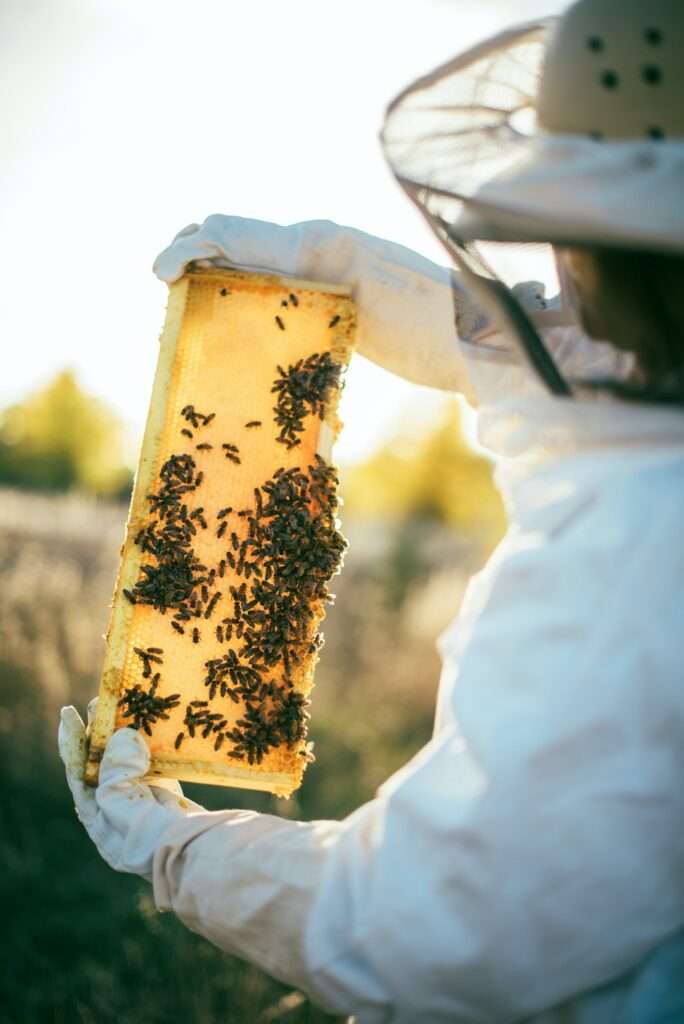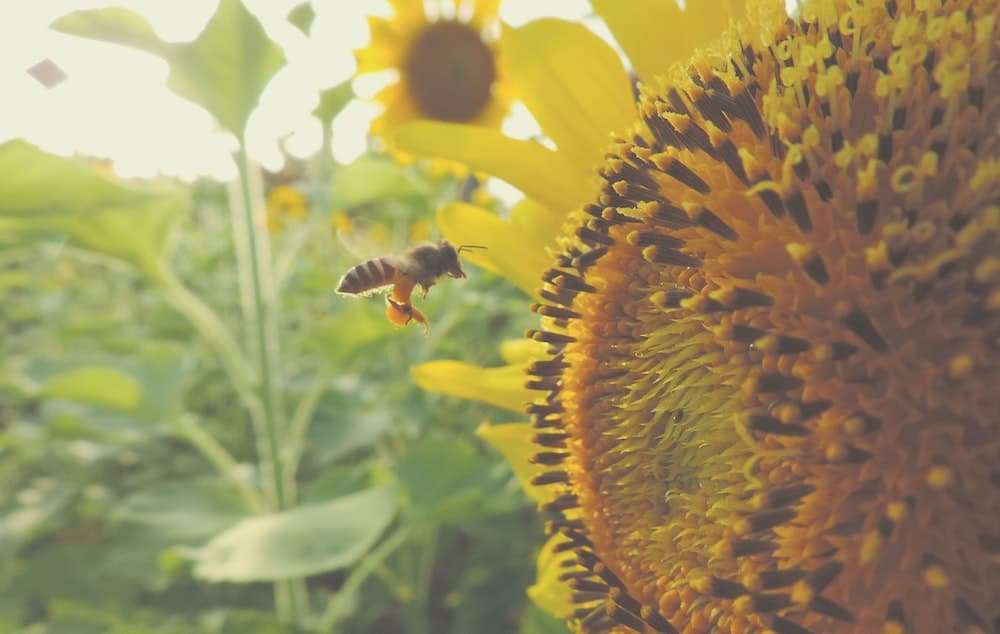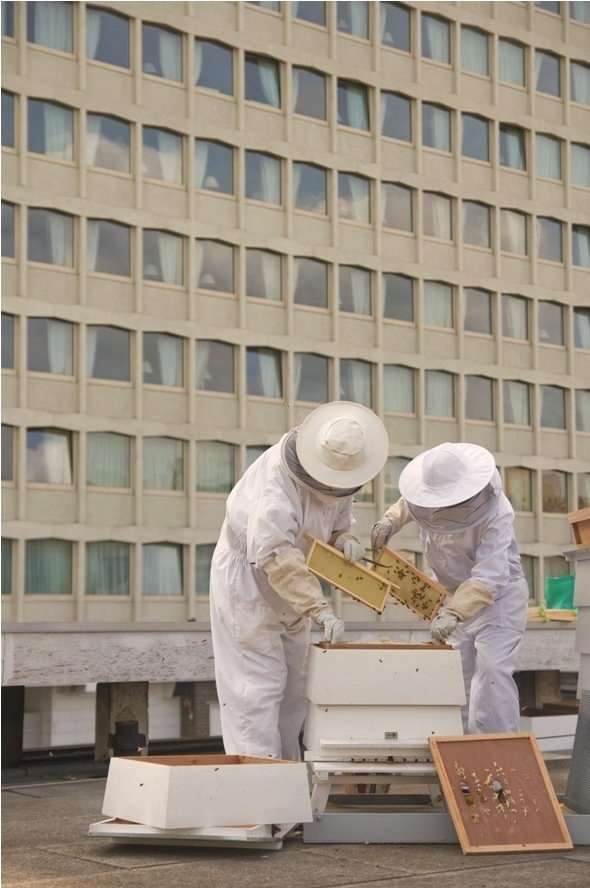Urban beehives have been rising in popularity for years, with hotels in major cities even using them as a marketing tactic. But are these manufactured hives actually any good for the environment?
Bee Our Guest is the name of the Royal Lancaster’s new pollinator-inspired package stay. The special new deal from the London hotel boasts a signature honey cocktail, a view of Hyde Park, and a view of its own rooftop honey farm, which was first opened back in 2009.
But while this all sounds very wholesome — just how ethical is beekeeping in the city? It turns out, for wild pollinators, some urban rooftop hives might be doing more harm than good.
The Royal Lancaster Hotel’s new deal is in celebration of its new partnership with a beehive in Tanzania, which it has achieved through Bees Abroad, a community-led project working to relieve poverty in rural communities through beekeeping.
And in vast rural spaces, where there is plenty of plant life, beekeeping can be beneficial, but in the heart of the city, things are a little more complicated. This is because beekeeping is centered around supporting honeybee populations instead of wild bee populations, which are currently under threat.
Do urban beehives actually help bee populations?
Most of the bees around the world do not live in hives. In fact, 90 percent of wild bee populations are actually considered solitary bees. These bees don’t make honey, and they don’t live in hives, either. Instead, they pollinate alone.

But their job is getting harder, thanks to the climate crisis, pollution, and habitat loss. And in urban spaces, honeybee populations can hinder them, too.
This is because one hive on an urban roof can contain hundreds of thousands of honeybees — quite a considerable amount for solitary bees to now have to compete with, especially in an area already lacking an abundance of plants and flowers.
“A bee hive contains 500,000 honeybees at the height of the summer (for management purposes beekeepers always recommend having two hives),” notes bee expert Alison Benjamin for TwinFM. “That’s the arrival of a lot of hungry mouths to feed in an area where wild bees undoubtedly already reside. In London, for example, about half of the 270 bee species can be found.”
Olivia Norfolk, an ecologist and lecturer at Anglia Ruskin University, agrees. Writing for The Conversation back in 2018, she explained: “When honeybees occur in high numbers, they can push wild bees out of an area, making it harder for wild plants to reproduce. Honeybees are not a substitute for wild pollinators, so we must protect the entire bee community to achieve good quality pollination.”
“When considering the evidence, the rise in amateur beekeeping is likely to cause more harm than good,” she added. “No one will deny the value of our British beekeepers and the wonderful honey they provide, but if your motivation is to save the bees then here are some more effective steps you can take.”
How to help bees in the city
The Royal Lancaster Hotel isn’t alone. Several hotels in the city have rooftop hives, and so do landmarks like the East London Mosque and Fortnum & Mason, for example. And in New York, hotels like Brooklyn Bridge Marriott and New York Hilton Midtown have also opened their rooftops to honeybee hives.
But some experts are saying there may be better ways for businesses to do their bit for the environment and support local pollinators. Planting more flowers, for example, in rooftop gardens, could help provide more sustenance, as well as a refuge, for vulnerable solitary bees.

It’s also worth noting that whether they’re kept in urban hives or not, honeybees also don’t make honey for humans — they actually make it to feed themselves, to boost their own food supply. And it takes them a considerable amount of effort, too. In fact, to make just one jar of honey, it requires more than 1150 bees.
So, with that in mind, in urban spaces, it might be best for businesses to consider stepping away from the hives, and instead, fill their rooftops with an abundance of flowers, and even bee hotels and boxes can be helpful, too.
“Providing lots of flowering plants on rooftops or other outside space so there is plenty of food year-round food is by far the best action property managers can take to boost bee populations and improve biodiversity because it will help to feed wild bees,” notes Benjamin. “Bees fly from early spring to late autumn so a planting scheme with flowers that bloom sequentially throughout the year is the most beneficial.”
Related on Ethos:


